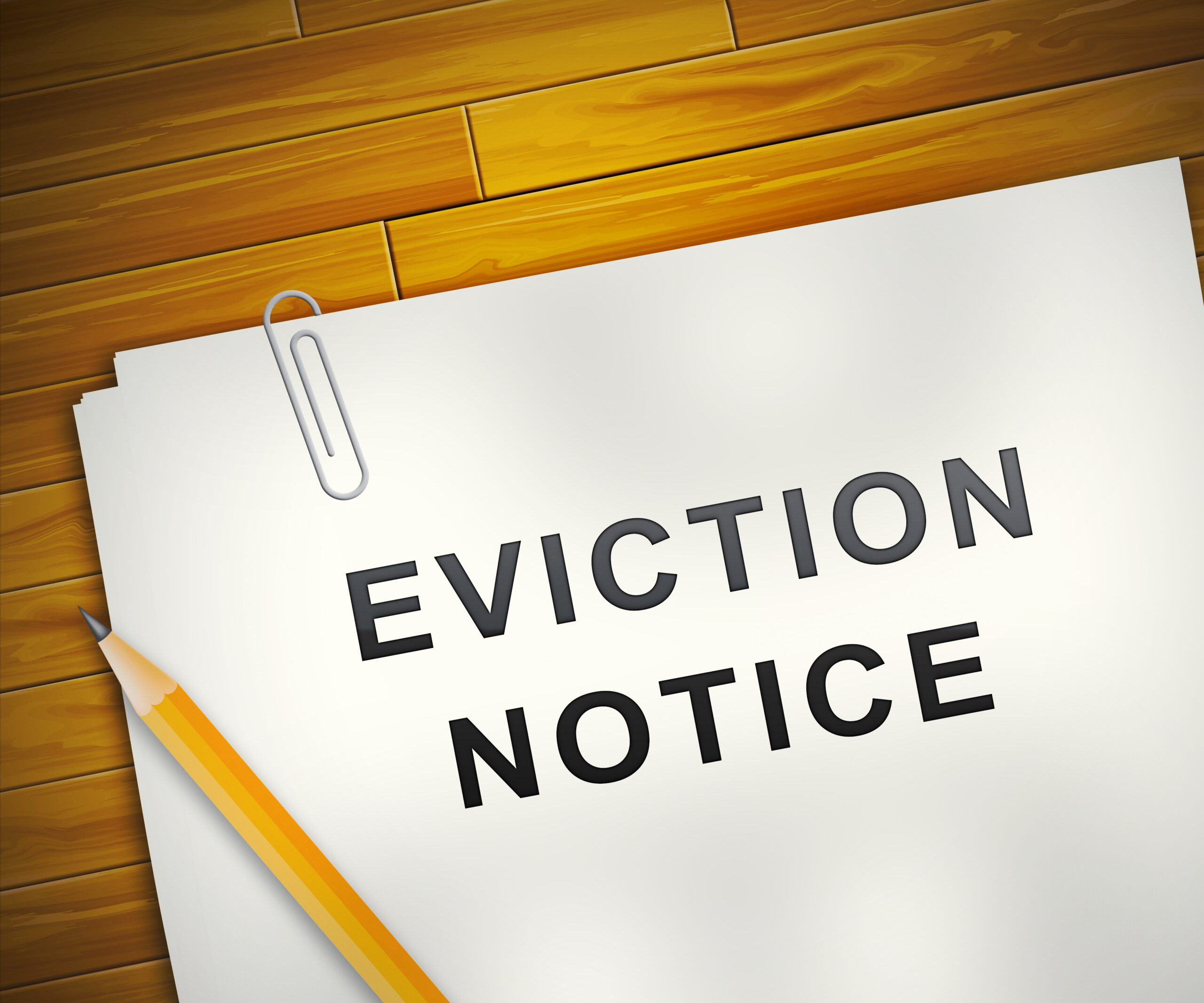
Can a landlord refuse to renew a tenancy agreement?
12-07-2025 | Landlord and Tenant DisputesOne of the hardest decisions a landlord has to make is whether or not to renew a tenancy arrangement. Most of the time, renewing a lease is easy if the rent is paid and the property is carefully taken care of. But there are situations when a landlord may not want to keep going, and you might wonder, “Can a landlord refuse to renew a tenancy agreement?”
The short answer is yes, but there are specific legal steps you must follow. Failing to handle the process of renewing a tenancy agreement correctly could lead to expensive disputes, legal penalties, or delays in regaining possession of your property.
As landlord insurance specialists, we’ve helped many landlords navigate the legal landscape of tenancy non-renewals. This guide will walk you through when you can refuse renewal, how to do it lawfully, and how to manage the process in a way that protects both your investment and your reputation.

Understanding tenancy renewals
A tenancy renewal happens when a fixed-term tenancy ( often six or twelve months) is extended for another fixed period. If no new agreement is signed, most tenancies in England and Wales automatically move to something called a rolling periodic tenancy, where the tenancy continues on the same terms but renews week by week or month by month, depending on the rent payment schedule.
If you choose to renew, move to a rolling tenancy, or end the agreement altogether, the process must follow the law. GOV.UK’s guidance on assured shorthold tenancies gives a good starting point for understanding the basics, but we’ll take you through it.
Can a landlord refuse to renew a tenancy agreement?
Yes, in England, landlords can decide not to renew a tenancy agreement at the end of the fixed term. The most common legal route for this is via a Section 21 notice under the Housing Act 1988, which allows you as a landlord to end the tenancy without having to prove the tenant has done anything wrong.
But there are limits. A landlord can’t refuse to extend a lease for any reason that would be considered discriminatory under the Equality Act 2010 or as punishment for a tenant exercising their legal rights, like asking for repairs or reporting safety problems.
Can a landlord refuse to renew a lease?
The same applies if you’re wondering landlord can refuse to renew a lease. Yes, you can, as long as you:
- Serve the correct notice period, which is usually two months
- Use the prescribed legal forms (Form 6A for Section 21 in England)
Meet all pre-conditions for serving notice (such as providing an EPC, gas safety certificate, and the “How to Rent” guide)
If you fail to meet these conditions, your notice could be seen as invalid, and you may have to start the process from the beginning.
How Section 21 notices work
The Section 21 process is straightforward, but must be followed directly
- Minimum notice: You have to offer at least two months’ written notice before the lease ends. The notice can’t run out before the end of the fixed term.
- Form 6A is the required form for landlords in England. The Renting Homes (Wales) Act 2016 changed the rules in Wales; therefore, it’s best to examine what they are.
- Before serving, the renter must have been given:
- A current Energy Performance Certificate (EPC)
- A gas safety certificate that is still good
- The Government’s instructions on how to rent
- Proof of delivery: Keep a record of when and how the notice was delivered. This can be done by sending it by registered mail or giving it to someone in person with a witness.
Fair reasons for refusing to renew
Although Section 21 doesn’t require you to give a reason, it’s best to have a legitimate, well-documented explanation. Common fair reasons could be:
- Putting the property up for sale
- Moving back into the house yourself or letting a family member move in
- Making big changes that can’t be done with renters living there
- Repeated violations of the conditions of the lease (in some circumstances, a Section 8 notice may be more appropriate)
Unfair or unlawful reasons
It’s unlawful to refuse renewal based on:
- A tenant’s protected characteristics under the Equality Act 2010 (e.g., race, religion, disability, gender)
- The tenant is raising valid concerns about the property or asking for repairs.
- Retaliation for reporting you to local authorities or enforcing legal housing rights
Communicating your decision
Even when you have the legal right to refuse renewal, how you communicate this decision can make a big difference. We recommend following these steps:
- Early notice – Speak to tenants informally before serving a formal notice.
- Clear explanation – You don’t need to go into too much detail, but you should describe what you want to do.
- Written confirmation – Follow up conversations with written confirmation so everyone is clear on timelines and next steps.
Planning for a smooth transition
To ensure the process is handled efficiently:
Start preparations early
Ideally, you should review your plans three months before the fixed term ends.
Book a check-out inspection
Arrange with the tenant to inspect the property at the end of the tenancy to assess any damage and manage the deposit return process.
Line up marketing and viewings
If you plan to re-let, have advertising ready to go as soon as the tenant confirms they’re leaving.
Maintain professionalism
Even if relations with the tenant have been difficult, avoid personal disputes and stick to the legal process.
Protecting your investment
Whether you’re renewing a tenancy or choosing not to, your property is a valuable asset. Having the right landlord insurance in place can protect you against loss of rent, property. At CIA Landlords, we specialise in finding the most competitive landlord insurance policies tailored to your needs. Call us on 01788 818 670 to speak to one of our experts or get a quote today.
We won't be beaten on any like for like landlord insurance quote.
Get a quote

